Use antipsychotic medications with more care, psychiatrists say
Anti-psychotic medications should not be the first treatments doctors or patients think of when dealing with dementia in an elderly person, behavior problems in a child or insomnia in an adult, a leading group of psychiatrists says in a new statement.
The American Psychiatric Association's (APA) new list of questionable uses of anti-psychotic medications is part of a broader campaign to educate patients and doctors about unneeded and possibly harmful medical treatments and tests. The campaign is called Choosing Wisely, and so far more than 50 medical groups have chimed in with lists of common practices that patients and doctors should question — everything from ordering too-frequent colonoscopies to using antibiotics for colds.
The latest list focuses on an area that has been especially controversial: the potential misuse of anti-psychotic medications. These medications include older drugs traditionally used for conditions such as schizophrenia and bi-polar disorder. But newer types, called atypical anti-psychotics, have been more widely used for patients ranging from unruly nursing home residents to children with aggressive behaviors or attention deficit hyperactivity disorder. That's despite growing concerns about misuse and side effects.
The medications in question include brands such as Risperdal, Zyprexa, Seroquel and Abilify.
Doctors who overprescribe the medications "are doing what they think might help," often without first trying safer or more effective alternatives, says Joel Yager, a psychiatry professor at the University of Colorado-Boulder, who helped develop the new list.
The group cautions against using the medications without full evaluations and ongoing monitoring or using them in combinations of two or more, without trying several single medications first.
It also says it's questionable to use them as routine or first-choice treatments for:
• The behavioral and psychological symptoms of dementia. This is a common practice in nursing homes. But side effects can include confusion, sedation and hastened death.
• Children and teens with any condition other than a psychotic disorder. Use in children has risen rapidly, especially among poor and minority children, despite research linking the medications to weight gain, cardiovascular changes and an increased risk of type 2 diabetes.
•Adult insomnia. There's inadequate evidence they work for the sleeping problem, the psychiatric group says.
Additional efforts are underway. A campaign to reduce anti-psychotic use in nursing homes by a national coalition of care providers, consumers and government agencies led to a 9% drop in the first year, the U.S. Centers for Medicare & Medicaid Services (CMS) recently reported. The Inspector General's Office in the U.S. Department of Health and Human Services is investigating use of the medications among children covered by Medicaid, The Wall Street Journal reported in August.
The new recommendations are all in line with existing APA practice guidelines, but may reach more doctors and patients, Yager says. "This is a way to get the message out to the health community at large."
The Choosing Wisely campaign is led by the non-for-profit group Advancing Medical Professionalism to Improve Health Care. Consumer Reports is creating educational materials based on the lists of questionable practices.






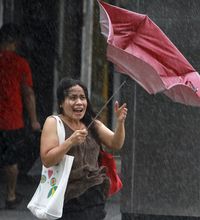

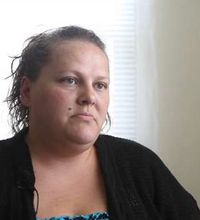
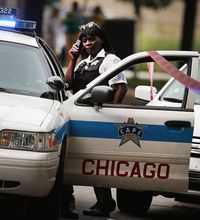




















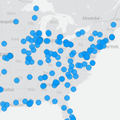










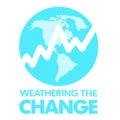




.jpg)
.jpg)
.jpg)


.jpg)




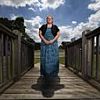




Join the Nation's Conversation
To find out more about Facebook commenting please read the Conversation Guidelines and FAQs